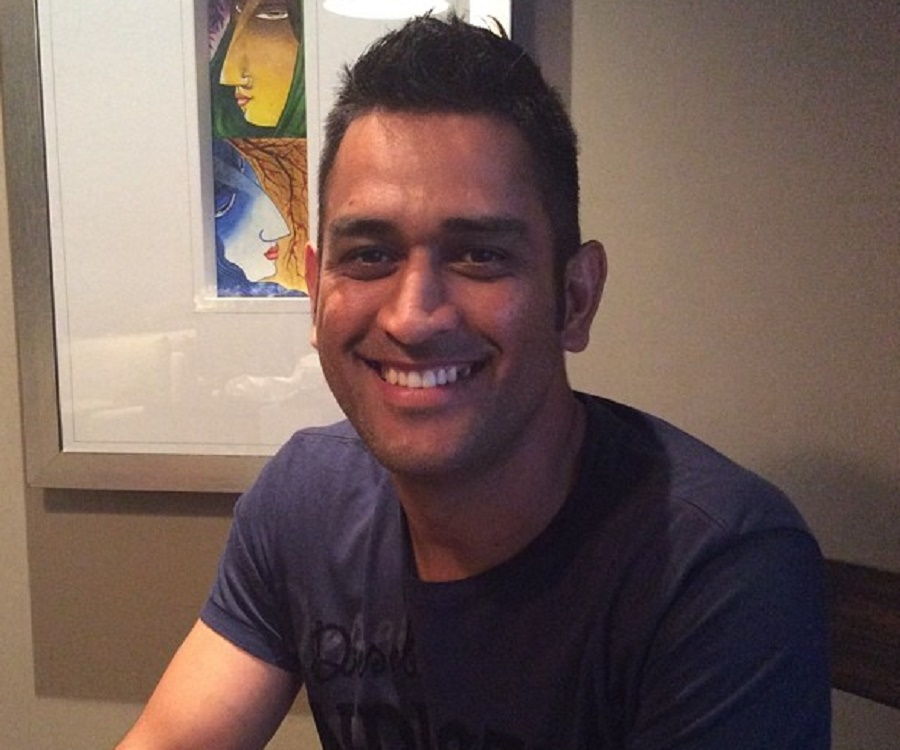

A great leader earns respect but doesn’t command it – the way MS Dhoni handled his success was extremely commendable. MS Dhoni won fame and money at an early stage in his career but he didn’t let that change his attitude and always remained humble.

It is important for a leader to remain calm in the most strenuous situations to restore faith from their team into them & manage the situation with ease. He wasn’t called ‘Captain Cool’ for anything! MS Dhoni wasn’t one to succumb to the pressure & his ability to make rational decisions in the toughest times accentuated this quality.

As a captain and a leader, his greatest attributes include not holding back and being true to himself.ĭhoni’s leadership style resembles that of a transcendent from the level six of leaders, and offers vital lessons to managers at all levels, across all fields – from the corporate world to the sporting world.īelow are the top 5 qualities in him that set him apart from the rest of the leaders: Some of India’s biggest wins in cricket under the captaincy of Dhoni include the 2007 International Cricket Council (ICC) World Twenty20, the Commonwealth Bank Series of 2007–08, the 2010 Asia Cup, the 2011 ICC Cricket World Cup and the 2013 ICC Champions Trophy to name a few.Īs a player, Dhoni never let his background and upbringing interfere with his perseverance and want to succeed. However, experts have commented that a closer analysis of them indeed establishes MS Dhoni to be one of the greatest leaders of the game. The achievements by his team have been often called off as sheer luck. Recently stepped down from this prestigious post, cricketer Mahendra Singh Dhoni, is regarded as one of India’s most successful captains.

To reach the level six i.e., the Transcendents, one has to reach a level where they go beyond the institution they govern by ensuring that the institution grows while contributing to the entire community. Leaders are divided into the following categories – Sociopaths, Opportunists, Chameleons, Achievers, Builders and Transcendents. When it comes to leadership, there are six categories of leaders widely recognized across the world based on the work of Jean Piaget, Lawrence Kohlberg, and his colleague, Robert Kegan.


 0 kommentar(er)
0 kommentar(er)
